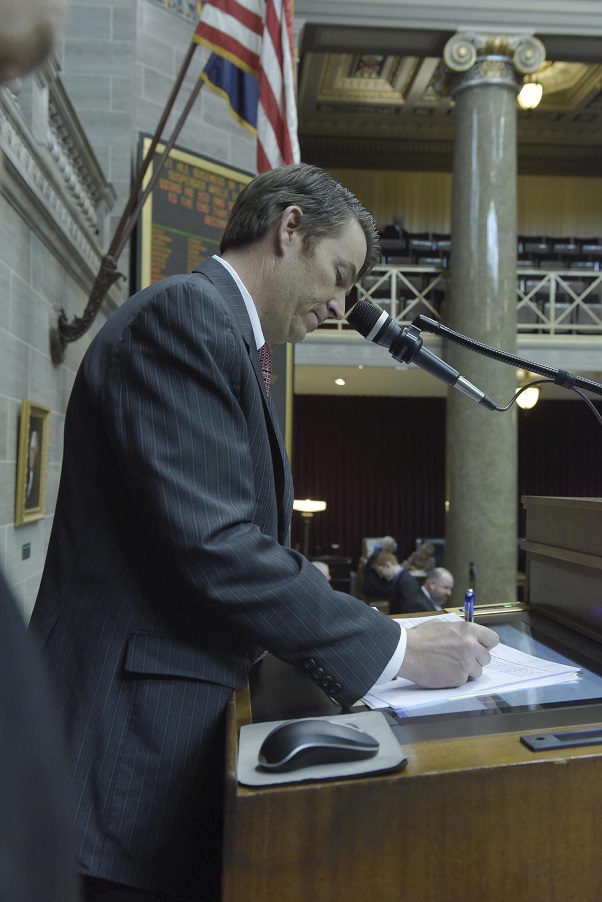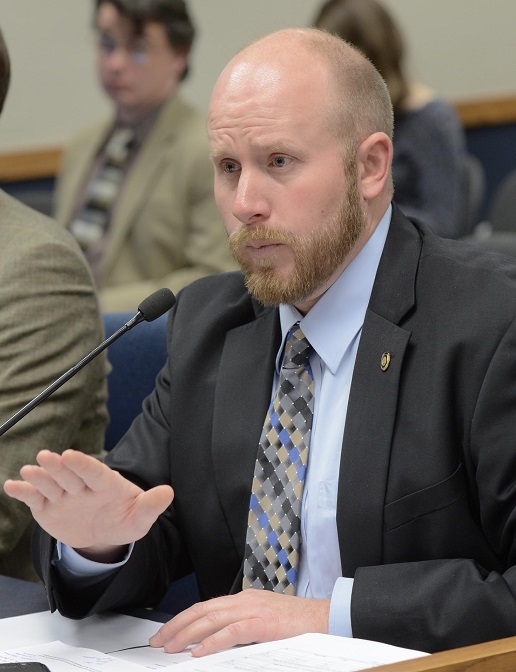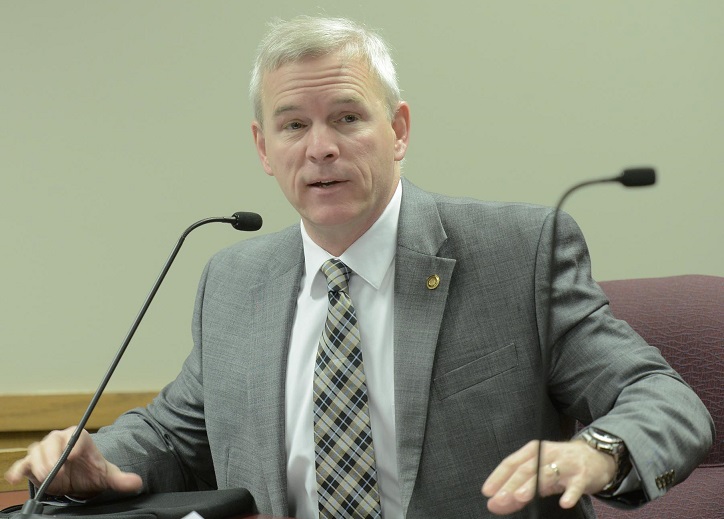The Missouri House has passed a Senate bill that proposes new restrictions on abortion. The House made several changes to the bill, so it goes back to the Senate for consideration.

The bill would allow the attorney general to prosecute abortion law violations without first involving local prosecutors; repeal a St. Louis ordinance that bars discrimination in housing and employment against women who have had an abortion, use birth control, or are pregnant; and require annual, unannounced state inspections of abortion facilities, among other provisions.
“The bill that we received from the Senate, we thought, was a good framework but it did not really specifically meet the governor’s call, so we re-put in provisions that helped to provide for the health and safety of women,” said Representative Diane Franklin (R-Camdenton), who carried Senate Bill 5 in the House.
Democrats argue the legislation is not about women’s health and safety, saying it is about making it more difficult for women to get abortions in Missouri.
“For the entire last week the only word I’ve heard was, ‘abortion,’” said Representative Deb Lavender (D-Kirkwood). “It’s actually a scam that we think – we’re saying – that we’re protecting women when actually all we’re doing is putting additional hurdles in their way for them to access healthcare.”
Franklin said a key provision for her is language that would require that all tissue removed after an abortion is sent to a pathologist, rather than a sample as is required now. A pathologist would have to account for all tissue and note any issues. The Department of Health would follow up any inconsistencies with an investigation. It would also report annually to the legislature all information it gathers regarding fetal tissue handling.
Franklin has carried various forms of such language going back several sessions, after a series of videos emerged alleging that Planned Parenthood was selling fetal tissue after abortions.
The bill also aims to bar laws that would interfere with the operations or speech of alternatives to abortion agencies. Representative Hannah Kelly (R-Mountain Grove) says those agencies do a lot to help pregnant women.
Democrats are critical of information given out at alternatives to abortion agencies, saying it is medically inaccurate and skewed toward discouraging a woman from having an abortion. Republicans say the agencies give women information with which they can form their own decisions.

Ferguson Democrat Cora Faith Walker also questioned the effectiveness of those agencies.
The legislature returned to Jefferson City in a special session to consider abortion legislation at the call of Governor Eric Greitens (R). Democrats used debate of SB 5 to criticize the governor for what they said was a stunt meant to help him politically.
“Make sure we’re not letting a governor bring us back to special session for political gain,” said St. Louis City Democrat Bruce Franks, Junior. “I know how passionate you (Republicans) all are about this issue. I would never take that away from you. I know how passionate we (Democrats) are. But we’re not paying attention to how we’re being played … Now just because this is one of our particular issues that we feel so strongly about doesn’t mean it’s right that we’re here.”
Republicans called the session an important opportunity for the state to reaffirm a commitment to protecting unborn children and making sure women receive proper care from abortion providers.
House Speaker Todd Richardson (R-Poplar Bluff), when asked about lawmakers’ attitudes toward the governor, said, “I think we’ve been focused here in the House on issues, and I think the issues that we’ve worked on back in regular session and through these two special sessions are issues that are of particular importance to the House, and they’re of particular importance to members of the Senate as well, so the fact that we’ve got a governor that’s willing to engage on these issues has been positive and helpful.”

Democrats note courts have ruled against laws that placed similar restrictions on facilities that provide abortions, and say this legislation will likely be thrown out as well.
“You already know this is going to straight to litigation once it goes into effect, and you also know the [financial cost to the state of defending it],” said St. Louis Democrat Stacey Newman.
Richardson believes if the bill the House passed is challenged in court, it will be upheld.
The state Senate is expected to debate the House’s changes to SB 5 in the coming days.










